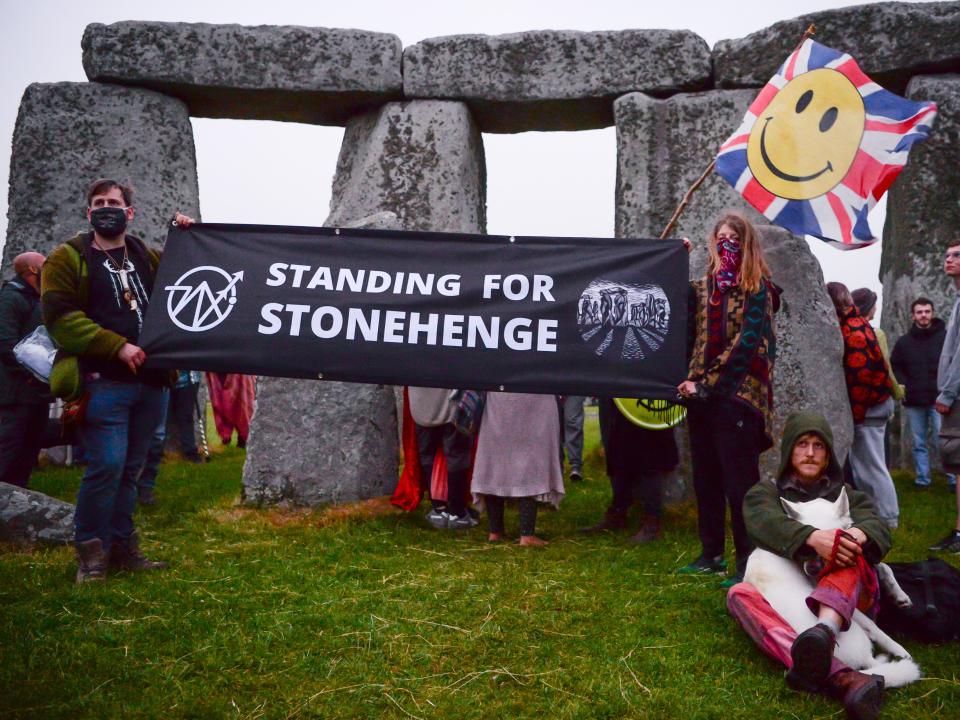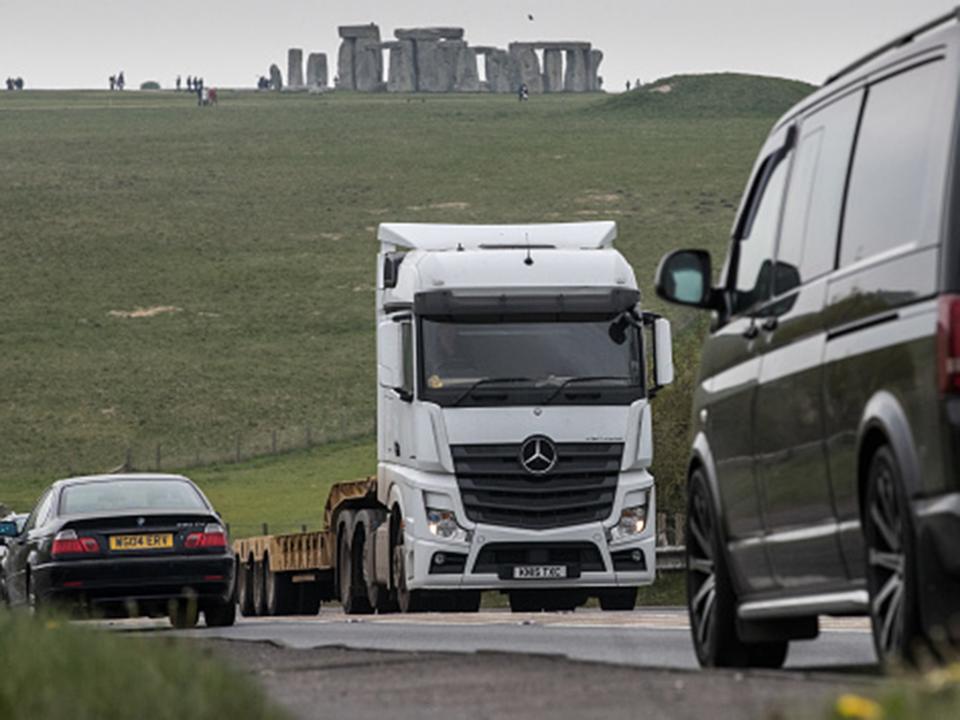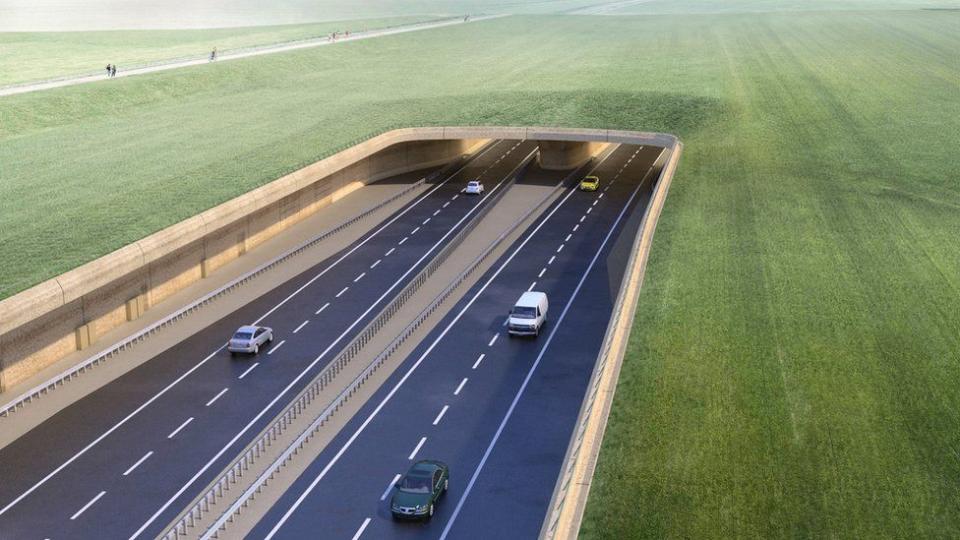Stonehenge declared ‘safe’ from threat of road tunnel project after High Court victory

The Stonehenge monument has been declared “safe” from the threat of “irreversible harm” after the government’s plan to build a road tunnel nearby was halted by the High Court.
On Friday, the Save Stonehenge World Heritage Site (SSWHS) campaign group succeeded in judicially reviewing Transport Secretary Grant Shapps’ decision to approve the £1.7 billion road project near Stonehenge, Wiltshire.
The scheme – that was given the green light in November – would have overhauled eight miles of the A303, between Amesbury and Berwick Down, with a new two-mile-long tunnel.
The road, which is a popular route for motorists travelling to and from the South West of England, is often severely congested on the single carriageway stretch near the prehistoric stone monument.

Highways England says its plan for a tunnel would have hidden the traffic passing the site, and cut journey times.
Work on the tunnel was expected to begin in 2023 and would have taken five years to finish.
The scheme was approved, despite Planning Inspectorate officials warning that it would cause “permanent, irreversible harm” to the Unesco World Heritage Site.
In the High Court ruling, Mr Justice Holgate found the decision to approve the plan was “unlawful” on two grounds.
He concluded that there was a “material error of law” in the decision-making process because there was no evidence of the impact on each individual asset at the historic site.
He also found that Mr Shapps “irrationally” failed to consider alternative schemes, in accordance with the World Heritage Convention and common law.

The judge said: “The relevant circumstances of the present case are wholly exceptional.
“In this case the relative merits of the alternative tunnel options compared to the western cutting and portals were an obviously material consideration which the [Mr Shapps] was required to assess.
“It was irrational not to do so. This was not merely a relevant consideration which the [Mr Shapps] could choose whether or not to take into account.
“I reach this conclusion for a number of reasons, the cumulative effect of which I judge to be overwhelming.”
John Adams, SSWHS director and acting chairman of the Stonehenge Alliance, welcomed the ruling, saying: “We could not be more pleased about the outcome of the legal challenge.”
He added: “This ruling should be a wake-up call for the government.
“It should look again at its roads programme and take action to reduce road traffic and eliminate any need to build new and wider roads that threaten the environment as well as our cultural heritage.”
Rowan Smith, a Leigh Day solicitor who represented the campaigners, declared the High Court’s rejection of the plan a “huge victory”, adding that the Stonehenge site is “safe” for the time being.

The Stonehenge site, together with the stone circle in nearby Avebury, was declared by Unesco to be a World Heritage Site of Outstanding Universal Value in 1986.
University of Buckingham archaeologist Professor David Jacques, who has led digs at nearby Blickmead for a decade, said the tunnel would have “clearly compromised” the historical value of the site.
He added: “The Stonehenge world heritage site landscape is unutterably precious and you tamper with it at your peril – you cannot make it come back.”
A Historic England spokesperson said: “We are disappointed in the outcome of the Judicial Review. This is a missed opportunity to remove the intrusive sight and sound of traffic past the iconic monument and to reunite the remarkable Stonehenge landscape, which has been severed in two by the busy A303 trunk road for decades.”
“We will continue work with partners in the heritage sector and to advise Highways England on any proposals for the A303,” they added.
Highways England has said it will consider its options with the Department for Transport.
Read More
Baby monkey called TikTok rescued from ‘miserable life’ in Essex
TV licence transition period ends for over-75s
Plastic screens could worsen Covid risk in some situations, government told
Britain cannot remove Isis members’ citizenship without telling them, High Court rules
Woman caught driving Mercedes G Wagon at 130mph on M1 ‘needed the toilet’

 Yahoo News
Yahoo News 